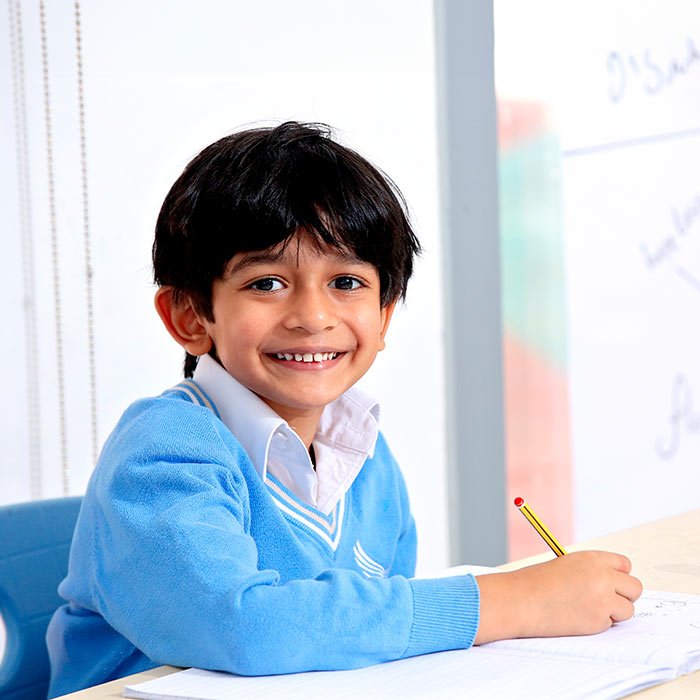Homework
Having asked many of our families what their view is of homework, we found that many families felt that there is too much pressure on children to spend a huge amount of their weekend and evening time doing homework, and that this puts undue pressure on families.
Therefore, instead of being a shared learning experience, it becomes stressful and meaningless – and in many cases the adults end up doing the homework for the child just to get it over and done with.
Balancing Learning and Leisure
At The Aquila School, we want children to develop into rounded individuals with a range of interests, so time after school can be spent pursuing them. We also want children to have time to relax, to be with their families, and to reflect on what they have learnt that day.
In our school, children work very hard all day, engaging in active learning. They take part in a wide range of activities and after a busy day learning, they are (usually) physically and mentally exhausted.
Our view is simple – give children amazing learning at school, and allow them to enjoy exploring other interests and enjoy childhood when they get home. We fully respect though that different families will have their own views about homework, therefore we set many tasks as 'optional' activities that are for parents to decide if they will be of help to the child.


Balancing Learning and Leisure
At The Aquila School, we want children to develop into rounded individuals with a range of interests, so time after school can be spent pursuing them. We also want children to have time to relax, to be with their families, and to reflect on what they have learnt that day.
In our school, children work very hard all day, engaging in active learning. They take part in a wide range of activities and after a busy day learning, they are (usually) physically and mentally exhausted.
Our view is simple – give children amazing learning at school, and allow them to enjoy exploring other interests and enjoy childhood when they get home. We fully respect though that different families will have their own views about homework, therefore we set many tasks as 'optional' activities that are for parents to decide if they will be of help to the child.
Guidelines for Different Grade Levels
As pupils get older, more formal homework is set so they get used to independent study and revising.

EYFS and Primary
- Regular reading with an adult at home – an enjoyable shared experience
- Giving children the opportunity (if they wish) to talk about their learning at home, consolidating and reflecting on how their learning can be applied to the real world
- Completing individual projects that link to what is being learnt in class – but only if they are intrinsically motivated.
Years 7 to 9
Children receive five pieces of compulsory homework a week. Each one is for 30 minutes and pupils have seven days to submit the homework from receiving it.
Compulsory homework is set for English, mathematics, science, Arabic and Spanish.
Other subject teachers may recommend home learning tasks - such as videos, podcasts or reading that support the learning in the classroom.


Years 7 to 9
Children receive five pieces of compulsory homework a week. Each one is for 30 minutes and pupils have seven days to submit the homework from receiving it.
Compulsory homework is set for English, mathematics, science, Arabic and Spanish.
Other subject teachers may recommend home learning tasks - such as videos, podcasts or reading that support the learning in the classroom.

Years 10 to 13
In year 10 pupils are set 30 minutes of homework per GCSE per week, in addition to asking them to read for pleasure.
Homework has a seven day turn-around time, so pupils can manage their workload and fit their work in alongside their extra-curricular activities. In year 11, homework increases to 45 minutes per GCSE in term 1, and then moves to 60 minutes in term 2 – as pupils work towards completing exam-based questions. We want our pupils to be well prepared for their GCSE exams in a manageable way.
In years 12 and 13 homework varies depending on the pathway that the child has selected. Twelve hours a week of out of class learning is typical for a DP pupil in Year 12, increasing to 18 hours towards the examinations.
